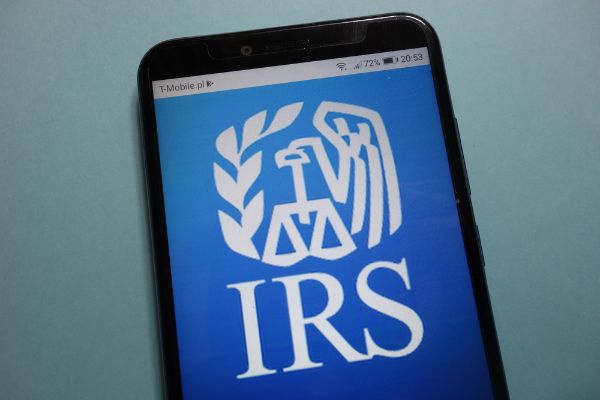IRS Commissioner Daniel Werfel acknowledged the rights of agency whistleblowers to bring confidential disclosures before Congress following accusations by Hunter Biden’s counsel on recent IRS whistleblowers’ charges.
In June, Abbe Lowell, Hunter Biden’s attorney, who defends high-profile persons caught in political controversies, issued a letter to GOP investigators that challenged the credibility of IRS whistleblower charges regarding the Dept. of Justice’s (DOJ) inquiry into Hunter Biden.
Lowell said IRS whistleblower transcripts collected by Jason Smith (R-MO) Chair of the House Ways and Means Committee were “feeding the disinformation campaign designed to harm the client that we represent … as an instrument to target his father.”
“Your attempt to shield the agents of the IRS was a clear effort to give cover for people with a bias along with an axe with which to grind so deep as well as sharp as to have permitted them to avoid being questioned for their own actions under oath,” he continued.
As stated in IRS Commissioner Werfel’s memos, IRS personnel are “encouraged” to engage in blowing the whistle. “As staff members, you are the initial line of defense for pointing out problems that cause concerns, and I also want it to be highly clear that we are always going to encourage a ‘see something, speak something’ philosophy,” he noted:
And in the case that you decide that the appropriate course of action isn’t to raise problems up your IRS level of command, but to raise the matter with a third-party authority, there is plenty of alternative methods for expressing concerns, which include but are not limited to:
- Appropriate Oversight Committees of the United States Congress
- Treasury Inspector General for Tax Admin. (TIGTA)
- U.S. Office of Special Counsel (OSC)
- U.S. Dept. of Justice Office of Inspector General
“Employees have questioned us about the best course of action for reporting a problem that potentially involves taxpayer information covered by Section 6103 of the Internal Revenue Code or information covered by Federal Rule of Criminal Procedure 6(e).”
They claim, among other things, that Assistant U.S. Attorney Lesley Wolf refused to let investigators inquire about Joe Biden having been “the big guy,” that the DOJ twice stopped U.S. Attorney David Weiss from filing more serious charges toward Hunter Biden, that Attorney General Merrick Garland declined to appoint a special counsel in the tax inquiry, which might have delivered a buffer between Joe Biden and his DOJ, and that the Internal Revenue Service (IRS) urged charges aimed at Hunter Biden but was not approved by Garland.





Comments are closed.